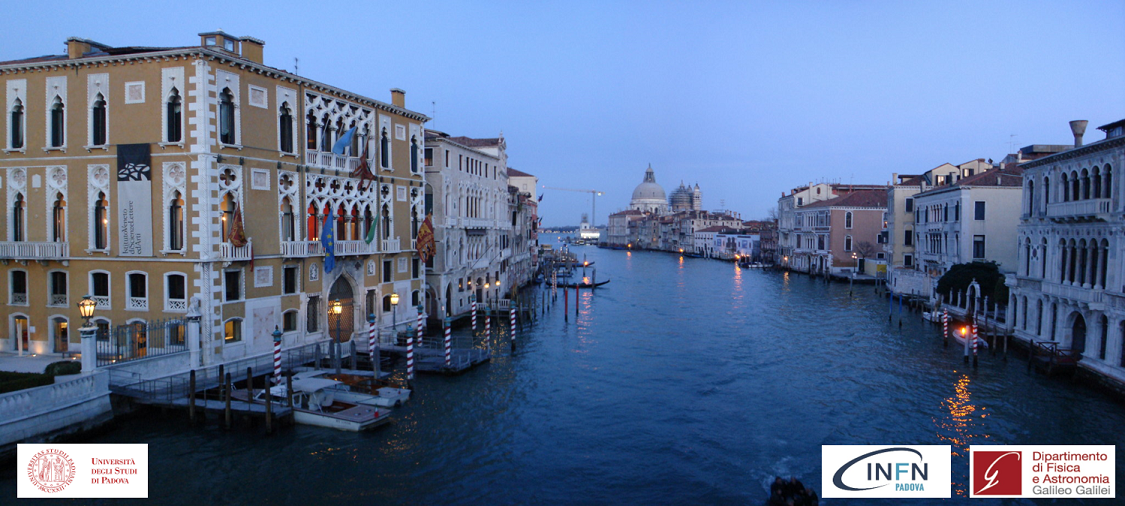Speaker
Description
The scientific prospects of detecting cosmic neutrinos with an energy close or even higher than the GKZ cut-off energy has been discussed extensively in literature. It is clear that due to their expected low flux, the detection of these ultra-high energy neutrinos ($E_\nu$ > 10^{18} eV) requires an telescope with an effective detection volume larger than 100 km$^3$. Acoustic detection may provide a way to observe these ultra-high energy cosmic neutrinos, as sound induced in the deep sea by their loss travels undisturbed for many kilometers so that a large neutrino telescope can be established. To realize such a telescope, acoustic detection technology must be developed that allows for a large deep sea sensor network.
Fiber optic hydrophone technology is a promising means to establish large a scale sensor network with the proper sensitivity to detect the small signals from neutrino interactions. The combination of the sensitivity and the cost-effective implementation of hydrophones may prove to be an enabler for a large scale deployment that is required for an acoustic neutrino telescope. TNO is involved in the development of the fiber optic hydrophone technology that can be operated in the deep sea with the required sensitivity. In parallel, we develop the full simulation chain required for telescope concept design and sensitivity calculations. Based on the measured hydrophone transfer function and noise sources as recorded in the deep sea, we develop strategies for the signal reconstruction both on single waveforms as well as event reconstruction in a future telescope.
In this talk we report on the progress of i) the development of hydrophone including a static pressure compensation mechanism and of ii) the neutrino signal simulations and methods to extract the signal from background.

